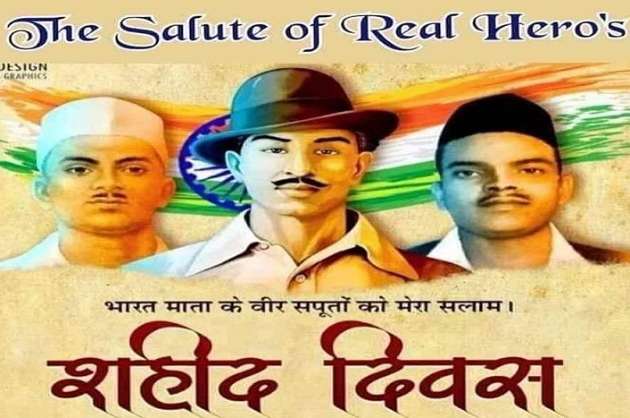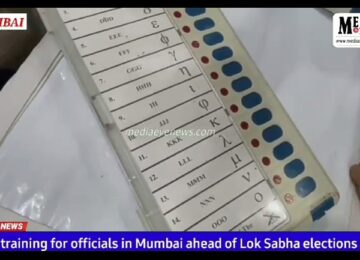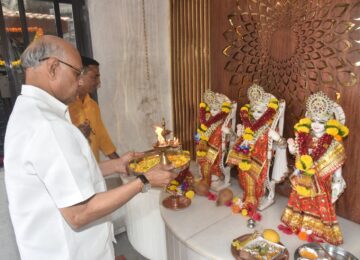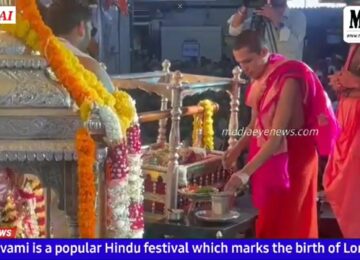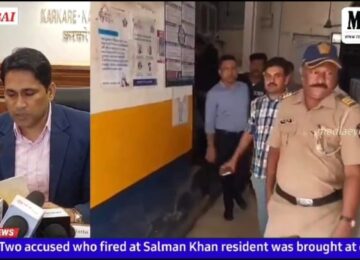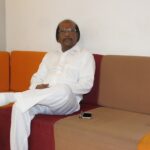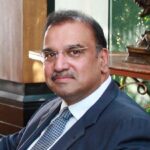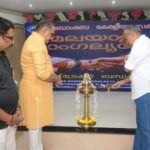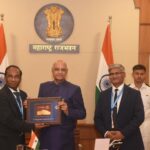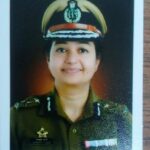By Anupama Nair
“But the heart, the eye, the yet deeper heart —
Still ablaze for the Beloved, their turmoil shines.
In the lantern by the road the flame is stalled for news:
Did the morning breeze ever come? Where has it gone?
Night weighs us down, it still weighs us down.
Friends, come away from this false light. Come, we must
search for that promised Dawn”
But the promised Dawn did finally come after nearly 200 years of colonial rule. We lost millions of Bharat Ma’s sons and daughters starting from Siraj-ud-Daula (Battle of Plassey, 1757), to Mangal Pandey, Rani Laxmi Bai (1857) and finally Bhagat Singh, Rajguru and Sukhdev, Veer Savarkar and lastly the man who said “Give me blood, I will give you freedom”—Netaji.
As Rousseau, during the French Revolution said “Man is born free yet he is in chains”, it was true for India. The desire to be free is the dream of every human but during the Raj, it was a rare commodity. For a century we were ruled by the East India Company, who let loose a reign of exploitation. It was truly a black era. But the Revolt of 1857 ended the Company rule and India was ruled by the British Government. But the reign of exploitation did not end. All voice of freedom was suppressed.
In such an India was born a true son of Bharat Ma on September 27, 1907, in Lyallpur, Lahore (Pakistan). Even today he is the hero of the entire Indian sub-continent. His parents were Kishan Singh and Vidyavati. His family had been active in the Indian independence movement for a long time. He was very moved by the visit to Jallianwala Bagh in 1919, where General Dyer shot innocent people. Thousands lost their lives. In 1923 he joined National College, Lahore, where he met Sukhdev and both of them joined the Hindustan Republican Association (HRA).
In 1928, the British government set up the Simon Commission to report on the political situation in India. It was opposed in India because there was not a single Indian in the Commission. Lala Lajpat Rai held a march in protest against it. Police attempt to disperse the large crowd resulted in violence. The superintendent of police, James A. Scott, ordered the police to lathi charge against the protesters and personally assaulted Lalaji, who was injured and unfortunately died in November 1928.
Bhagat was a prominent member of the Hindustan Republican Association (HRA) and was mainly responsible, for its change of name to the Hindustan Socialist Republican Association (HSRA) in 1928. The HSRA vowed to avenge Lalaji’s death. Singh conspired with revolutionaries like Rajguru, Sukhdev, and Chandrashekhar Azad to kill Scott. However, in a case of mistaken identity, the plotters shot John P. Saunders, the Assistant Superintendent of Police, as he was leaving the District Police Headquarters in Lahore on 17 December 1928. After killing Saunders, the group escaped to Calcutta with the help of an associate Durga Bhabhi.
Bhagat Singh's plan was to explode a bomb inside the Central Legislative Assembly. The intention was to protest against the Public Safety Bill, and the Trade Dispute Act, which had been rejected by the Assembly but were being enacted by the Viceroy Lord Irwin, using his special powers; the actual intention was for the perpetrators to allow themselves to be arrested so that they could use court appearances as a stage to publicize their cause for freedom. The trial began in the first week of June, following a preliminary hearing in May. On 12 June, both Bhagat Singh and Bhatukeshwar Dutt were sentenced to life imprisonment for: ‘causing explosions of a nature likely to endanger life, unlawfully and maliciously. After a re-trial of the Saunders Murder case, Bhagat Singh, Rajguru and Sukhdev were sentenced to Death by Hanging.
The entire country except the Congress under Gandhi revolted against the execution. Gandhi was greeted by black flags in Karachi. On 23rd March 1931, the British treacherously hung three young lives. Chandrashekhar Azad was also martyred but their sacrifices did not go in vain as Dawn of Freedom came on 15th August 1947 as Netaji Subhash Chandra Bose and Sardar Patel and Veer Savarkar followed their ideas. Today everyone in India is free and it was won paying a huge price and millions who sacrificed their lives.
27th September is the 114th birth anniversary of India’s greatest sons. Pakistan named the spot where Bhagat Singh was hanged like Bhagat Singh Chowk. As India is celebrating the 75th year of independence it is relevant to remember them. He was voted the ‘Greatest Indian’ in a poll by India Today magazine in 2008. I hope the Government gives him the Bharat Ratna for he was a true gem. On his Birthday our great Prime Minister Mr. Narendra Modi said “On the birth anniversary of Amar Shaheed Bhagat Singh, the brave son of Maa Bharati, I salute him. His story of valor and courage will continue to inspire the countrymen for ages”.
Bhagat Singh quotes
“It is easy to kill individuals but you cannot kill their ideas. Great empires crumbled, while the ideas survived”.
“Revolution is an inalienable right of mankind”.
“If the deaf has to hear, the sound has to be very loud”.
“Any man who stands for progress has to criticize, disbelieve and challenge every item of the old faith. * Zindagi to apne dam par hi jee jati hai. Dusro ke kandhe par toh sirf janaje uthaye jate hai. Desh ke bhagato ko aksar log pagal kahte hai!”

